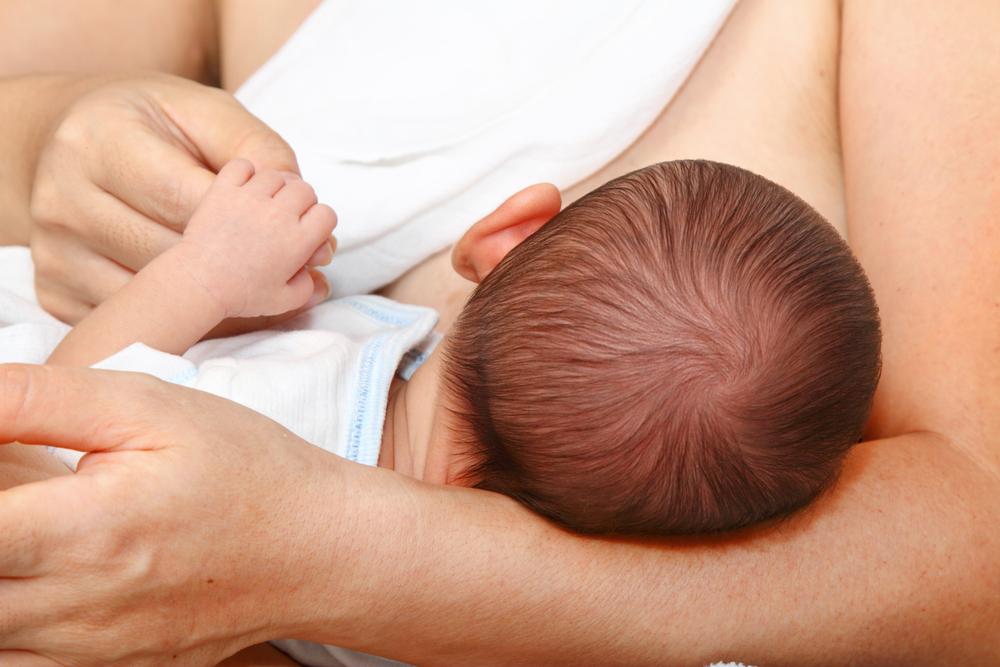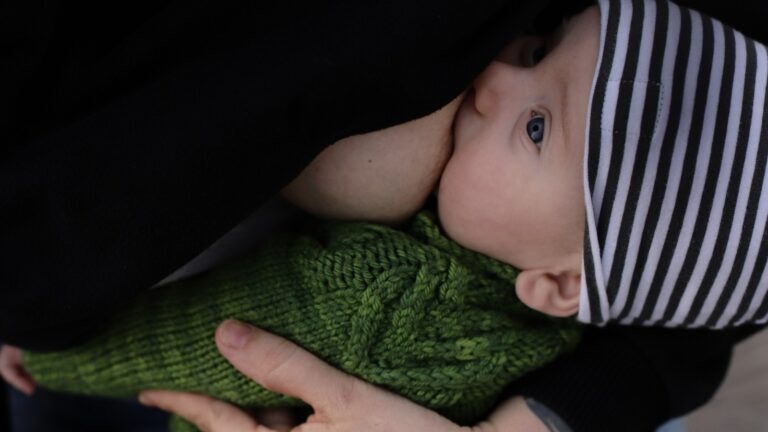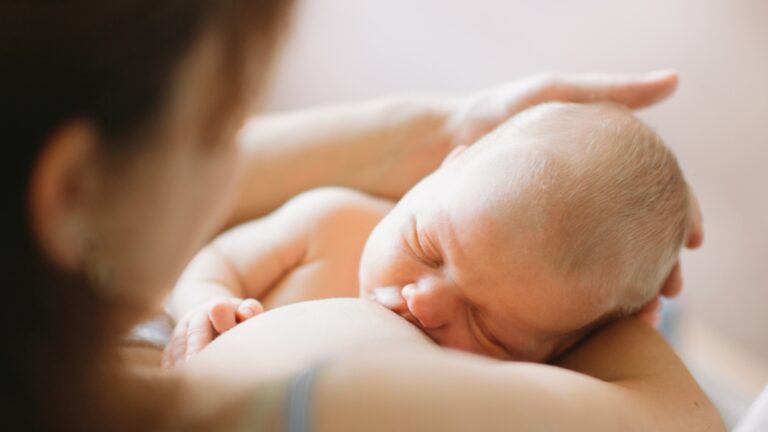A new Israeli meta-analysis proves the hypothesis that breastfeeding lowers the risk of developing childhood cancers.
According to researchers at the University of Haifa, children who nurse for at least six months have a 19 percent lower possibility of developing childhood leukemia or lymphoma than infants who breastfed for a shorter period or not at all.
“The main hypothesis of the study, that breastfeeding is associated with a lower risk of childhood leukemia and lymphoma, has been fully corroborated by the study results,” Dr. Efrat Amitay of the University of Haifa’s School of Public Health, writes in the university’s newsletter.
The new study was based on earlier research by Amitay and Dr. Lital Keinan-Boker, deputy director of the Health Ministry’s Center for Disease Control. In 2014, they published a study (funded by the Israel Cancer Association) on the link between breastfeeding and cancer rates. In that study, they concluded that breastfeeding decreases children’s chances of developing cancer by 60 percent.
They collaborated again on the latest meta-analysis study, recently published in JAMA Pediatrics.
“There is a strong inverse association between breastfeeding and childhood leukemia and lymphoma, with a clear dose-response effect,” Amitay writes. “Nutrition is essential to health and breastfeeding is deemed the gold standard of infant nutrition with many health benefits, including lower risks for many childhood illnesses; the results of this study add evidence to the protective effect of breastfeeding also against childhood leukemia and lymphoma.”
Every year in Israel some 400 children are diagnosed with cancer, according to the Israel Cancer Association. In the United States, some 16,000 children and adolescents are diagnosed with cancer, according to the National Cancer Institute. Globally, the most prevalent childhood cancer is leukemia (cancer of the blood).
The latest research from the University of Haifa is actually a meta-analysis of 18 previous studies comprising 28,000 subjects from over half a century from around the world.
The case-control studies looked at how long children were breastfed and the occurrence of childhood leukemia.
In a separate analysis, the researchers found that babies who had at least some breastfeeding had an 11 percent lower risk of leukemia than did babies who had never nursed.
The authors emphasize that the benefits of breastfeeding are not only about warding off cancer. The health advantages associated with nursing are known to improve infants’ immune systems, keep allergies at bay, lower respiratory infections and reduce middle-ear infections, among others.
“Breastfeeding should be strongly encouraged,” Amitay told the Haaretz daily newspaper. “Future mothers should be educated about it, and medical personnel should be … given the tools to help mothers who want to breastfeed or are having trouble breastfeeding, either by offering direct assistance or referring women to trained breastfeeding counselors.”
















